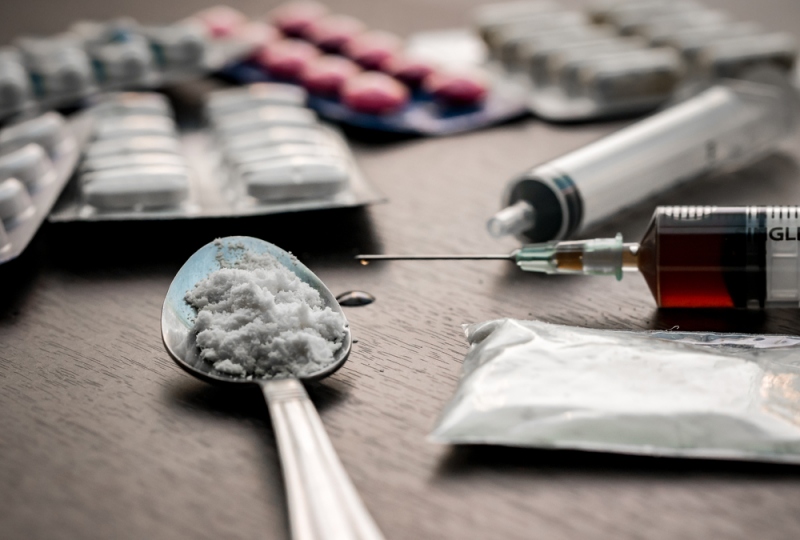Drugs can often take over your mind and body in a short time without you realizing what’s happening. Sometimes, the only way that you can defeat the addiction of drugs of any kind is by seeking the assistance offered by a program involving intensive outpatient for substance abuse. This is a program that doesn’t involve staying in a facility, but you will need to attend sessions with counselors and other staff members at least three days a week or more depending on your addiction and the help that you need. Most centers can schedule the times that you attend around working or going to school so that you don’t miss other important activities in your life.

An intensive outpatient program is often recommended by a medical professional who sees the need for extended therapy after leaving a rehab facility or by a court official, such as a judge, as a part of treatment services recommended instead of going to jail. Programs often provide an assessment to determine the severity of the addiction as well as how the issue has been handled in the past. A benefit of this type of treatment is that it’s not as expensive as staying in a rehab facility. Some insurance companies will pay for all or part of substance abuse treatment programs in order for more people to get the help that they need for drug addiction. Another benefit is that you can continue working and going to school while being in the program. You can also spend time with your family and a positive support circle whereas a rehab center often has limitations as to who you can see and when. Intensive outpatient therapy is often the best option for those who don’t need to rely on doctors and medications in a rehab facility to recover from addiction.
This is a type of program that requires a commitment in order for it to be a success. You will usually attend meetings a few times a week with group members or with a counselor. The overall goal is to provide the support needed in a healthy atmosphere so that you aren’t tempted to use drugs or alcohol any longer and so that you know that there is someone supporting you in your endeavors. There are several other goals that you and the people who work at the program will strive to reach, such as maintaining abstinence, addressing the reasons behind substance abuse, and finding ways to develop a support system that is positive for you instead of continuing to be around people who support your habit of using drugs. There could be psychological issues that need to be addressed, such as past traumas during childhood years. Workers will offer suggestions for living a positive life and making lifestyle changes, such as attending classes at a community college or seeking employment. There are also options for community events that you can attend with other people who are dealing with addiction.
When you’re in an outpatient program, you are put in a team that usually includes a medical professional, a counselor, and a technician who will examine your dependency and the best ways to get ensure that you stay off of drugs in the future. An initial assessment involves asking questions about your drug use and determining whether outpatient therapy would be the best option for you. If medical detox should be considered before outpatient therapy, then you will likely be referred to a rehab center that can safely offer the treatment that you need.
an outpatient program involves a lot of talking to other people. You will meet with a variety of counselors who will give you advice on how to handle situations that might arise with drugs or alcohol. You’ll usually meet with your family members to talk about some of the reasons as to why you started using drugs in the first place and to find out how your family feels about your addition. Group therapy involves meeting with people who are dealing with the same types of addictions, giving you a way to meet others who understand your fears and dependency. When you begin to see the benefits of outpatient therapy, sessions will become shorter until you don’t meet with your therapists unless you need support and encouragement.